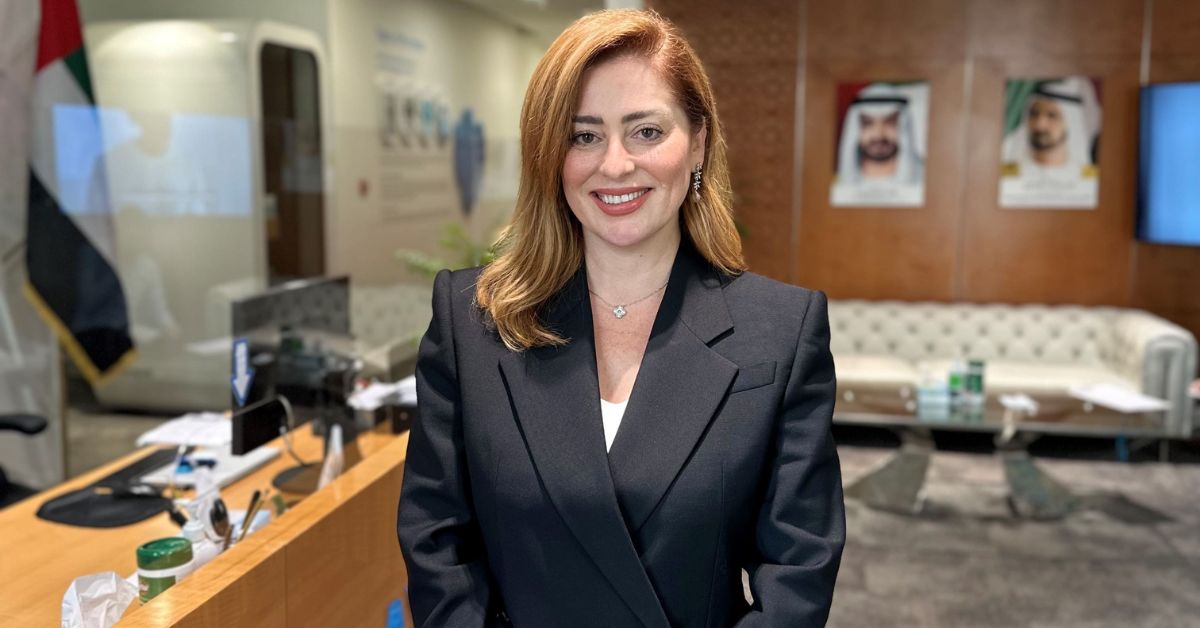DUBAI — The UAE is witnessing remarkable growth in sustainable finance and its resilient economic trajectory despite global challenges, said Rasha Badawi, CEO of Barclays Private Bank UAE.
She noted that the past few years have seen accelerated growth in sustainable finance in the region and a significant increase in the UAE’s standing as a leading regional center for sustainable finance management.
Badawi told WAM that there are numerous opportunities in sustainable investments, particularly in sectors such as building systems, renewable energy, water, food and agriculture, shipping, and others.
She also noted an increase in financing dedicated to sustainable investments by high-net-worth individuals, family businesses, and institutional funds worldwide. With more opportunities available regionally, these allocations can focus on local and regional sustainable financing, she emphasized.
Discussing the strength of the UAE economy, Badawi mentioned that despite the slowdown in global economic growth—with the World Bank expecting global economic growth to reach 2.4 percent in 2024—the UAE is on track to achieve a unique growth path this year.
She pointed out that the World Bank recently raised its forecast for the UAE’s GDP growth in 2024 and 2025 to 3.7 percent and 3.8 percent, respectively, noting the growing contribution of the non-oil economy to the economies of the GCC states in general.
She stressed the importance of the continued rise in future economic activity indicators, such as the Standard & Poor’s Purchasing Managers’ Index, which reached 57.4 in December. Index levels above 50 indicate growth.
She anticipated that the current economic diversification initiatives would continue yielding positive results, highlighting statements made by Abdullah bin Touq Al Marri, Minister of Economy, where he emphasized the significance of the tourism and entertainment sector as a key element of economic diversification.
This was evident in the substantial increase in hotel revenues in the UAE, reaching AED32.2 billion between January and September 2023, marking a 27 percent growth compared to the same period in 2022.
In terms of attracting high-net-worth investors, Badawi pointed out the rising demand for luxury brands among affluent individuals seeking diverse investment opportunities. She highlighted Dubai as a prime location for attracting such individuals, serving as a hub for prestigious sports, fashion, and design events.
Furthermore, she observed a growing trend of families relocating to the region for its safety, high-quality educational facilities, and recreational services. Many clients have indicated that the UAE’s appeal lies in its family-oriented lifestyle, offering numerous outdoor activities and entertainment options suitable for both children and adults.
Badawi emphasized the resilience of the UAE economy and its ability to overcome global challenges, despite international circumstances that haven’t affected the positive outlook maintained locally. She noted that GCC states, in general, remain largely unaffected by issues impacting global markets.
She highlighted positive developments, such as the strong recovery of international travel post-pandemic, leading local airlines to increase recruitment and open new routes.
Coupled with the UAE’s position as a leading hub for cargo and travel, this has contributed to the tourism sector’s recovery exceeding pre-pandemic levels. Additionally, significant real estate development continues in the hospitality sector.
Regarding the UAE banking sector, Badawi maintains that optimism remains strong throughout the year, with investors largely unaffected by events impacting other markets.
She attributed this resilience to factors like diversified local economies, increased foreign investment in the UAE, and its status as a major financial and banking center. She also highlighted the UAE’s flexible trade system, featuring easier visa processes and low taxes.
Badawi expects the local banking sector to continue growing alongside the overall economy and GDP. She reiterated the accelerated growth of sustainable finance in the region and the UAE’s emergence as a leading regional center for its management.
She identified abundant opportunities in the UAE across construction, urban design and planning, renewable energy, particularly solar, water, agriculture, shipping, and more.
Badawi noted the increasing allocation of financing for sustainable investments by high-net-worth individuals, family businesses, and institutional funds globally. With emerging regional opportunities, these allocations can target local and regional sustainable financing.

